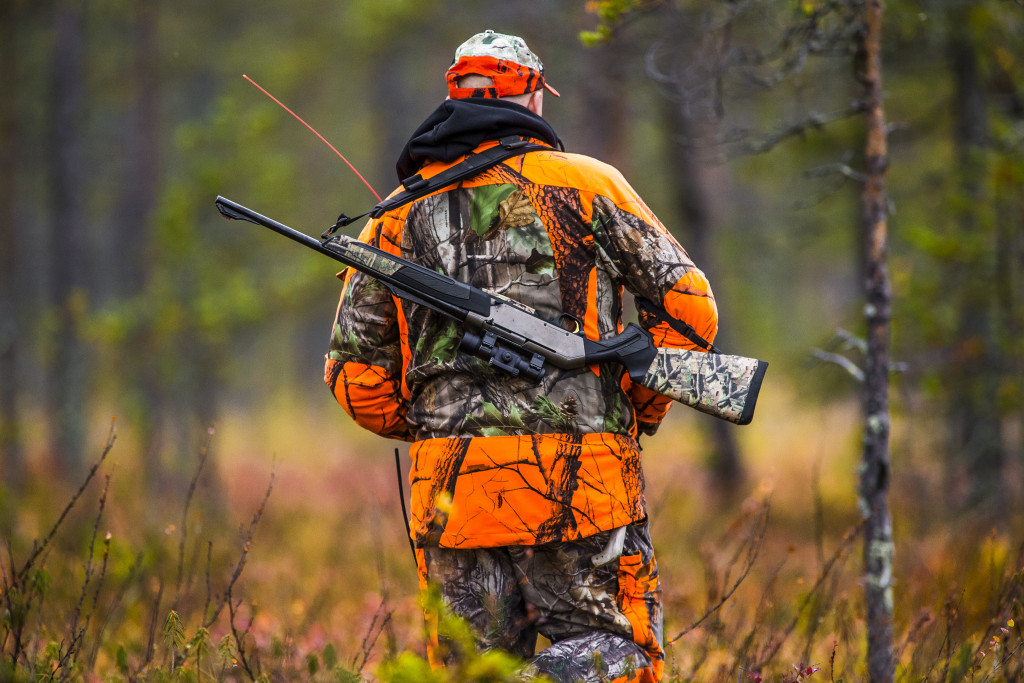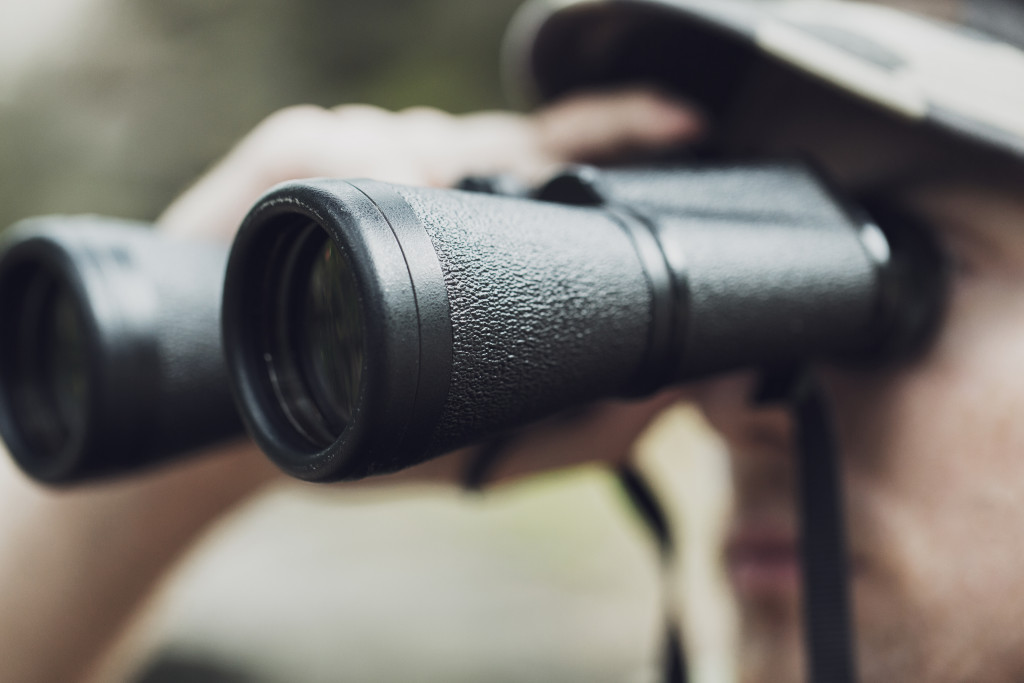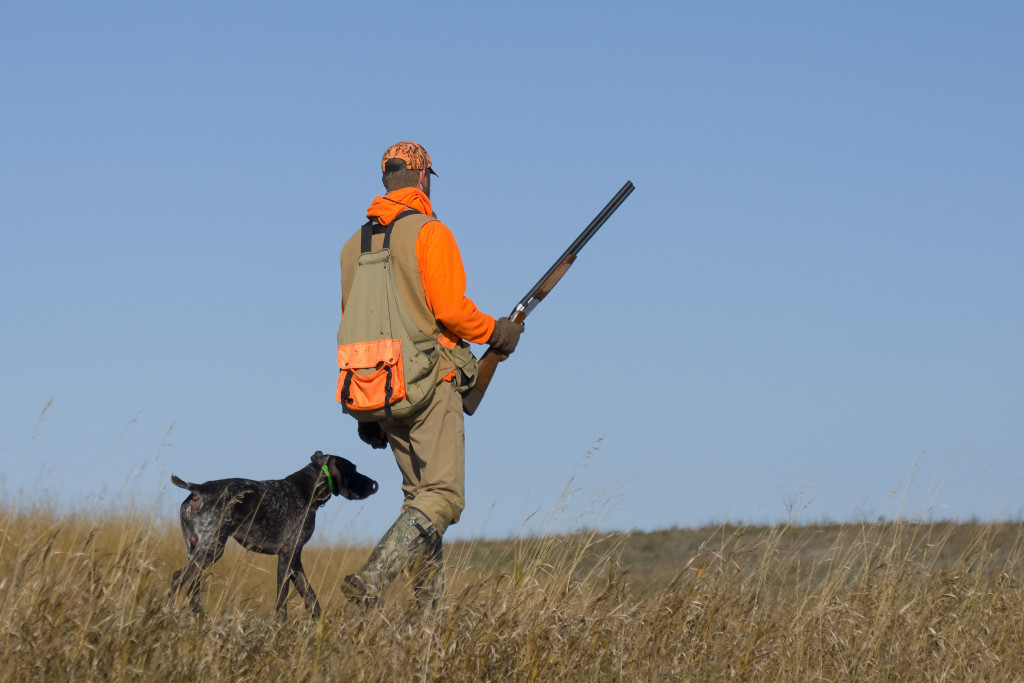- Obtain a license from your state wildlife agency, potentially taking an education course beforehand.
- Gather the necessary equipment for a superb hunting experience.
- Understand the rules for bag limits, size limits, firearm/archery regulations, and other species-specific restrictions.
- Safety should always be the number one priority when hunting.
Hunting is an activity that has been around for centuries, and it’s still a popular pastime today. But becoming a hunter isn’t as simple as just heading out into the woods with a gun or bow. You must follow regulations and safety procedures before you can even begin hunting. Read on to discover everything you need to know before starting your journey into the world of hunting.
Getting Licensed and Educated
Before you start hunting, you’ll need to obtain a license from your state wildlife agency. Depending on where you live, some states may require hunters to take an education course before getting licensed. In contrast, others may waive this requirement if the hunter is supervised by someone who already has their hunting license. Make sure to check your local requirements before beginning the process.
Gather Your Equipment

Of course, you won’t be able to hunt without the right equipment. Whether a beginner or an experienced hunter, having the right gear is essential for success. But what exactly do you need?
Hunting Rifles and Ammunition
The most essential piece of equipment for hunters is their rifles. It’s important to ensure that your rifle has the proper caliber and capacity for your intended game. The ammunition should match the caliber of your rifle as well.
Depending on your rifle, you may also need mag pouches. Two types of mag pouches are available: single-stacked and double-stacked. Single-stacked mag pouches are best for smaller rifles, while double-stacked ones are suitable for larger rifles.
Safety Gear
Safety should be your top priority when hunting, so make sure you are outfitted with the proper safety equipment. This includes items like blaze orange vests and hats that make it easy for other hunters in the area to spot you and avoid any potential accidents.
Additionally, carrying a first aid kit is always important in case of any unexpected injuries or illnesses while on the hunt. Finally, consider investing in basic survival gear such as a pocket knife or fire starter kit in case of emergencies while out in the woods.
Clothing
Having the proper clothing can mean the difference between an enjoyable experience and an unpleasant one. It’s essential to choose garments made from breathable materials like wool or synthetic fabrics so you don’t overheat during hot days or become too cold during colder weather conditions. Additionally, many hunters prefer camouflage patterns for their clothing to blend into their surroundings more easily when stalking prey. Be sure to pack rain gear, just in case!
Binoculars
No hunter should leave home without a good pair of binoculars. Binoculars allow you to survey your hunting area from afar, so you can spot the game in the distance and determine their movements. Investing in a good pair of binoculars with high magnification will give you an edge out in the field. Choose binoculars with a wide field of view and fast focus for best results.
Knowing What You’re Hunting For

Once you have your license and are ready to go, it’s important to understand what type of animal you will be able to hunt during different seasons in your area. Different game animals have different rules when it comes to bag limits, size limits, and other regulations ranging from types of firearms or archery equipment allowed for use in certain areas or even special restrictions specific to certain areas or species of animals. Knowing all these rules ahead of time will ensure that your hunt is successful and legal!
Safety Matters
Always remember that safety should be your number one priority when hunting—for yourself and those around you. Here are some safety measures to follow:
- You should always wear blaze orange clothing so other hunters in the area can easily see you
- Guns should never be loaded until after arriving at your destination
- Always check the barrel before loading
- Always point guns away from people when handling them
- Most importantly, never shoot unless you know precisely what is beyond the target!
Following these precautions will help keep everyone safe while out enjoying nature.
Final Thoughts
Hunting is an enjoyable activity that can provide hours of fun if done safely and responsibly. By taking the time to get educated about state regulations and safety protocols prior to going out hunting, anyone can become a successful hunter—no matter what level of experience they have! So don’t wait any longer—start planning your next hunt today!

